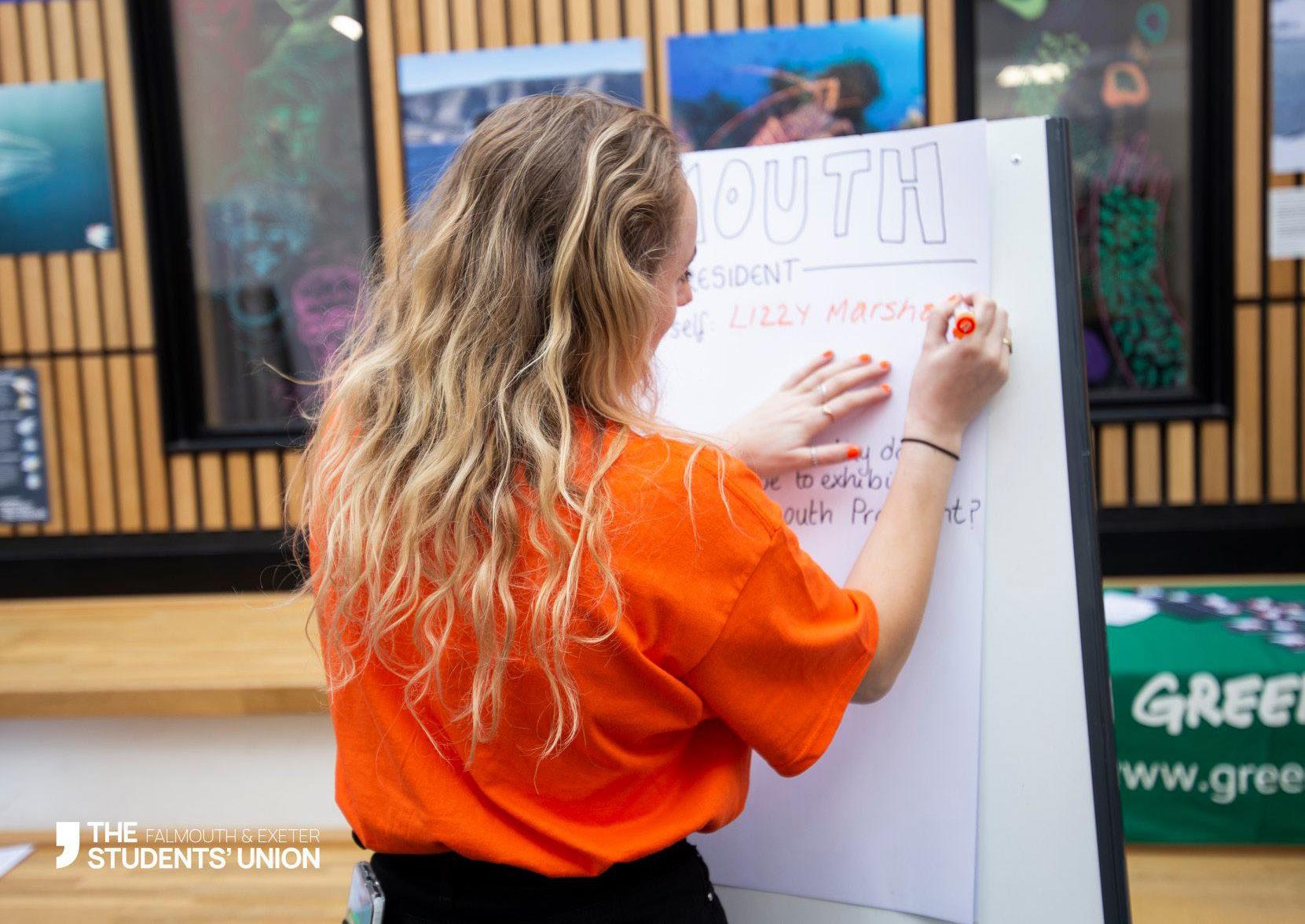
2 minute read
Gathering Feedback
The first step is to think about how you are going to get feedback from the students you represent. You’ll likely need to experiment and try a few different methods to make sure you’re giving all your students good opportunities to express their opinions. We know there may be fewer face-to-face opportunities than usual this year so try and use the chances you do get; staff should be supportive in allowing you time at the end of sessions to talk with your peers.
You could try: - Surveys (allow for anonymous responses) or online polls (Google Forms or Survey Monkey are good free tools) - Physical or e-drop boxes (Padlet is a good option) - Set up a messaging group, WhatsApp or Messenger, or ask to have a ‘chat’ stream on your programme’s Teams’ channel - Face-to-face – at the end of a seminar or group session, this could be a good opportunity to get some context on feedback, or check with a wider demographic if feedback you’ve received so far is truly representative.
Advertisement
Just asking if anyone has any feedback won’t usually give you much useful information. You can try asking questions about specific topics, which should help students reflect on their experience. Try not to ask leading questions, which are deliberately designed to make people think in a certain way.
For example: “Do you agree the seminar today wasn’t helpful in improving your understanding?” Instead you could ask, “How useful did you find the seminar today?”
Open vs Closed Questions
Open questions mean students will generally have to reflect on their experience and give a full answer, using their own knowledge or feelings, rather than just a yes / no or single word answer. Closed questions can be answered in a short or single-word answer, and can often be leading. They are used to obtain facts and specific pieces of information.
When used correctly, both formats can be helpful when getting feedback. Closed questions can give you a sense of what the majority of students think about something: “Did the seminar today help develop your understanding of the module topic?” The answer has to be Yes/No, which will tell you whether students on the whole found it useful / not useful.
Following it up with an open question, “How did the seminar today develop your understanding of the module topic?” will give you context and a better understanding of that opinion.
IDEA: If there is an Academic Society linked with your course or subject area, try working with them as a potential source of feedback.
IDEA:
Stop Start Keep
This is another approach you can take to encourage your peers to give you helpful feedback. Ask them to list one thing they would stop, one thing they would keep, and one thing they would start.







